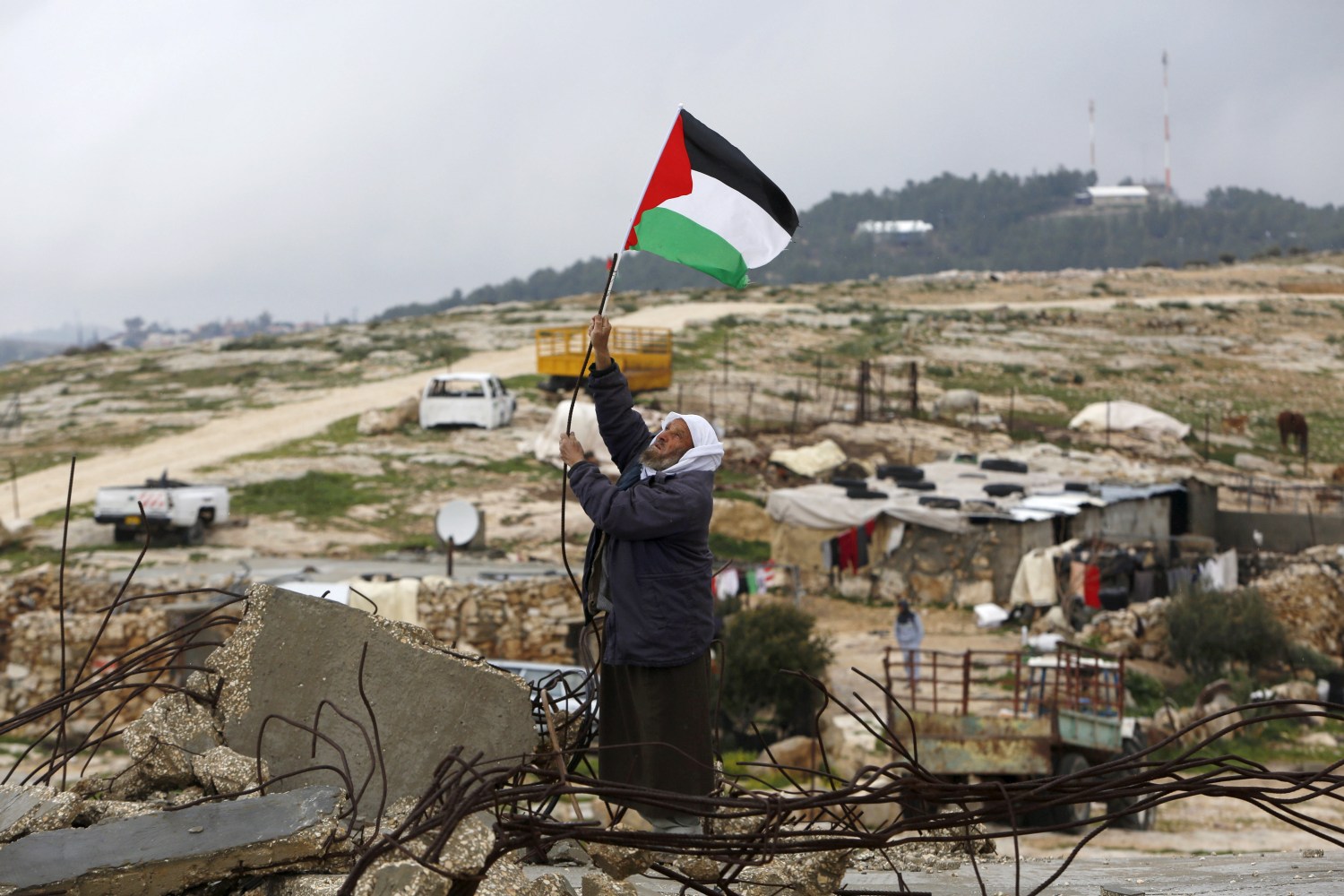The history of Palestine is a complex tapestry woven with threads of ancient civilizations, religious significance, and geopolitical struggles. The region has witnessed the rise and fall of empires, the birth of major world religions, and the enduring conflict between Israelis and Palestinians. Here is a brief history of Palestine.
Ancient Roots:
Palestine has a rich history dating back to ancient times. The Canaanites, among the earliest known inhabitants, were followed by the Philistines, after whom the region is named. The area's strategic location made it a crossroads for various civilizations, including the Egyptians, Assyrians, Babylonians, Persians, Greeks, and Romans. It was under Roman rule that Jesus Christ was born in Bethlehem, contributing to the region's significance in Christianity.
Islamic Period:
In the 7th century, Islamic armies led by Caliph Umar conquered the region, ushering in centuries of Arab control. Jerusalem, a city sacred to Muslims, Christians, and Jews, became an important center under Islamic rule. The Umayyad and Abbasid Caliphates followed, with various dynasties shaping the cultural and architectural landscape.
Crusader Period:
The Holy Land saw a series of Crusades in the medieval period as European Christians sought to reclaim Jerusalem from Muslim control. These conflicts left a lasting impact on the region's demographics and heightened religious tensions. Saladin, a Muslim leader, eventually recaptured Jerusalem in 1187.
Ottoman Rule:
The Ottoman Empire, led by Sultan Selim I, conquered Palestine in 1517. For centuries, the region experienced relative stability under Ottoman rule. The majority of the population was Arab-Muslim, with significant Christian and Jewish communities. However, the empire began to decline in the 19th century, leading to increased European influence.
Zionism and the British Mandate:
The late 19th century saw the rise of the Zionist movement, advocating for the establishment of a Jewish homeland in Palestine. The Balfour Declaration in 1917 expressed British support for a "national home for the Jewish people" in Palestine. After World War I, the League of Nations granted Britain the mandate to administer the territory.
Partition and the Creation of Israel:
Post-World War II, the United Nations proposed a partition plan in 1947, dividing Palestine into Jewish and Arab states, with Jerusalem as an international city. The Jewish leadership accepted the plan, leading to the declaration of the State of Israel in 1948. Arab nations opposed the partition, resulting in the Arab-Israeli War. Israel emerged victorious and expanded its territory beyond the UN-designated borders.
Nakba and Refugee Crisis:
The 1948 war led to a mass exodus of Palestinian Arabs, known as the Nakba (catastrophe). Hundreds of thousands of Palestinians became refugees, their displacement shaping the ongoing conflict. The status of Jerusalem remained a contentious issue, with the city divided between Israel and Jordan.
Six-Day War:
In 1967, tensions escalated, culminating in the Six-Day War. Israel launched preemptive strikes against its Arab neighbors and seized control of the West Bank, East Jerusalem, the Gaza Strip, and the Golan Heights. The occupation of these territories intensified the Israeli-Palestinian conflict.
Oslo Accords and the Two-State Solution:
The 1993 Oslo Accords aimed at establishing a framework for peace between Israel and the Palestine Liberation Organization (PLO). The agreements envisioned a two-state solution with Israel and a Palestinian state coexisting side by side. However, subsequent negotiations faced challenges, and the establishment of a Palestinian state remains unrealized.
Ongoing Conflict and International Efforts:
The Israeli-Palestinian conflict persists, marked by intermittent violence, peace talks, and diplomatic efforts. Issues such as settlements, borders, refugees, and the status of Jerusalem continue to fuel tensions. International actors, including the United Nations, the European Union, and the United States, have been involved in mediating peace efforts.
Conclusion:
The history of Palestine is deeply rooted in the ancient past and shaped by a complex interplay of religious, cultural, and political factors. The struggle for self-determination, sovereignty, and the right of return for refugees remains at the heart of the Israeli-Palestinian conflict, making it a focal point in regional and global affairs. As the history unfolds, the quest for a just and lasting resolution continues to be a pressing challenge for the international community.



0 Comments